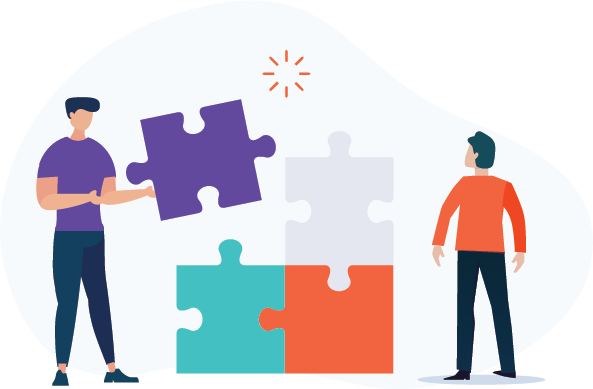Suite360 for Students
Social-Emotional Learning for Your Students
Help your students reach their full potential and thrive with evidence-based social-emotional learning (SEL) lessons. Navigate360 offers the most extensive library of SEL lessons available.
- Scaffolded lessons for grades PK-12
- Engaging content that students understand
- Diverse topics produce well-rounded students
- Electronic record keeping
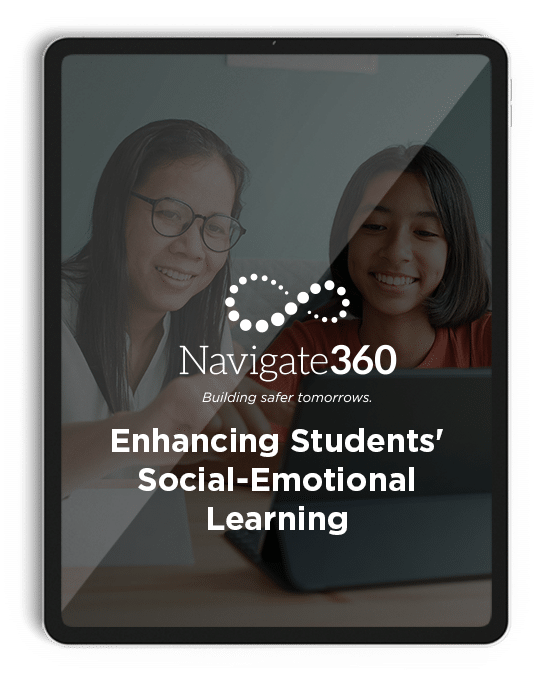
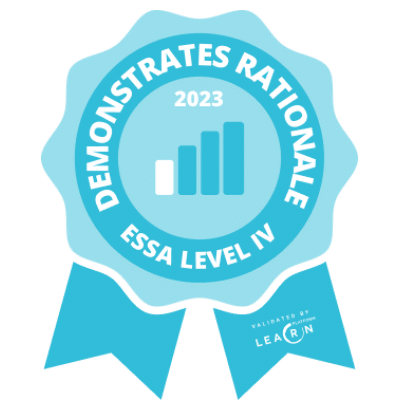
Expert Insights
The Power of Creating Engaging Social-Emotional Learning Curriculum
Watch the Demo
See How Students Learn About Self-Regulation Through Gamification
Social-emotional learning curriculum cannot be effective if students don’t want to engage with it. Gamification helps keep students motivated to work through the lessons, strengthening their social-emotional skills while they complete challenges and earn points. Watch this video to see a lesson in action.
Overview and Benefits
Social-Emotional Learning for Students
Reaching students, ensuring engagement and monitoring student outcomes is at the heart of Suite360 for Students.
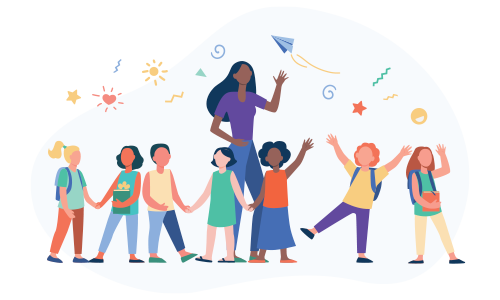

Preschool Curriculum
- Digital preschool lessons featuring key vocabulary and an accompanying original story in an online flipbook. Lessons are short, interactive and include fun characters to engage students while teaching them essential social skills.
- Lessons cover topics such as feelings, asking for help, making friends, solving problems, and more.
- Educators have access to additional learning resources including printable character coloring sheets, a memory game, feelings cards, a feelings journal, and family letters.
- Preschool classroom kits that provide hands-on learning opportunities are available in our online store.
Scaffolded Lessons from Preschool to Graduation
- Programs are designed based on the needs and cognitive capabilities of students
- Scaffolded lessons ensure students receive appropriate information in a format they can understand
- Fully aligned with the CASEL framework and sequenced to ensure consistency throughout a student’s education
- Robust content library features over 500 student lessons for students from preschool to graduation with companion lessons for staff and families


Engaging Content that Students Understand
- Web-based and mobile lessons that are accessible on most devices
- Culturally sensitive material available in multiple languages
- Regular updates from professionals and experts to ensure relevancy
- Gen Z and Gen Alpha students can access information in a digital format that they are comfortable with
Diverse Topics Produce Well-Rounded Students
SEL for Students features hundreds of topics to help students grow into successful adults and citizens, including:
- Academic success
- Bullying prevention
- College prep
- Effective communication
- Growth mindset
- Relationship skills
- Responsible decision-making
- Self-management
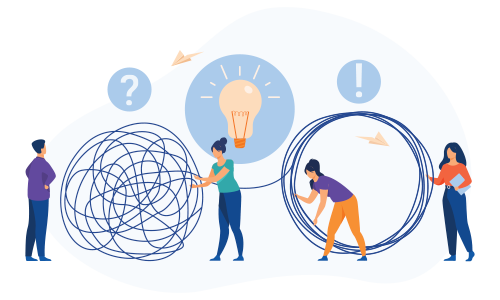
Electronic Record Keeping
- Digital record-keeping helps schools and stakeholders monitor program effectiveness
- Transparent and thorough electronic records help schools ensure student success
- Comprehensive reporting software provides powerful insights for team leaders and stakeholders
Scalable and customizable software allows districts to tailor their programs to the diverse needs of schools and students, ensuring an inclusive and safe environment to learn and grow.
Layered Integrations with PBIS Rewards
Connect your SEL and PBIS programs! PBIS initiatives help schools acknowledge and promote positive behaviors, serving as a proactive solution to reduce negative behaviors and reinforce SEL concepts. PBIS Rewards, a digital PBIS management solution, simplifies the implementation and tracking of a school’s PBIS framework. When used together with Suite360, schools can allow students to earn points in PBIS Rewards when they complete an assigned lesson.
- Seamlessly connects SEL and PBIS initiatives for schools.
- Motivates students to complete lessons and drives engagement.
- Provides a holistic, layered solution to support and encourage positive behavior and student growth.
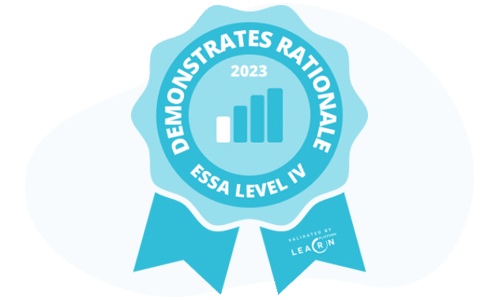
ESSA Level IV
Demonstrates a rationale based on high-quality research findings or positive evaluation that such activity, strategy or intervention is likely to improve student outcomes or other relevant outcomes.
Free e-Book
Learn more about the foundations & positive outcomes of the Suite360 for Students curriculum here
Case Study
SEL in Practice: Navigate360 Social-Emotional Learning & Marion Public Schools
Fostering a positive school environment and helping students develop strategies to succeed academically, emotionally and socially are top-of-mind goals for most school districts. The challenge, however, lies in finding a social-emotional learning (SEL) program that can be integrated into the classroom naturally and help at-risk students learn strategies to more positively respond to stressors. This case study explores how Marion Public Schools in Marion, MI used Navigate360 Social-Emotional Learning to help support their students with academic and personal success.
Meet the Navigate360 Social-Emotional Learning Curriculum Advisory Board
Tamara Gibson-Alonso, Ed.D, MPH
Tamara Gibson-Alonso has served as a passionate health educator and promoter in Florida for more than two decades. Having taught science and health to middle and high students in Florida for more than 10 years, Tamara's philosophy in life is to educate, develop and inspire students and communities to lead healthier lifestyles.

Becky Haas
Becky Haas is an international advocate and trainer on using a trauma-informed approach, the Adverse Childhood Experiences (ACEs) study and Positive Childhood Experiences (PCEs) study. She is a pioneer in creating trauma informed communities.

Shomari Jones
Shomari Jones is the Director of Equity and Strategic Engagement in the Bellevue (WA) School District. He serves as a powerful advocate for the experiences of students of color to help district leaders identify, confront, disrupt, and dismantle structures that limit the potential of those students. Shomari designs and facilitates thoughtful district professional development that nurtures impactful conversations around racial inequity, inequality, and the over-arching impact institutional racism has on students of color.

Jean Sharp
For over 30 years, Jean Sharp has led content development and instructional design teams in the creation of digital learning solutions that meet the needs of today's K-12 students and educators.

What Do Customers Think of Suite360 for Students?
Frequently Asked Questions
Looking for answers about Social-Emotional Learning for Students?
You have questions about Social-Emotional Learning for Students, and we have answers! Use our frequently asked questions to help you find the answers you need to help you determine if social-emotional learning is right for your schools.
If you don’t find the answer you need, please use the button below to contact us.

What is Social-Emotional Learning for Students and why is it important?
Social-Emotional Learning for Students will help your students reach their full potential and thrive with evidence-based SEL lessons. Navigate360 offers the most extensive library of SEL lessons available.
What does the term CASEL stand for?
The term CASEL is short for Collaborative for Academic, Social, and Emotional Learning. CASEL is an organization dedicated to advancing social and emotional learning around the world. To learn more about CASEL, please visit https://casel.org/.
How was Social-Emotional Learning for Students created, and how does it help students thrive?
The CASEL-aligned curriculum is scaffolded by grade and provides an on-demand sequenced learning program for students, staff and parents. In addition, the fully customizable platform offers robust resources and lesson plans that are guided and flexible to meet the needs of each school.
Why should we choose Navigate360's social-emotional learning curriculum?
Navigate360 is the leader in holistic school safety and prevention solutions. Our revolutionary model spans the full spectrum of safety, including threat detection and prevention, mental health and wellness, and safety management and preparedness – backed by research and developed by industry experts. We provide the tools necessary to save and enhance lives.
Guide
The Complete Guide to Social-Emotional Learning
Creating safe learning environments requires an emphasis on social and emotional safety as well as physical safety. A critical component is a solid, evidence-based social-emotional learning (SEL) curriculum that helps students succeed academically, socially and emotionally. Aligned with the core competencies set by CASEL, one of the pioneers of social-emotional learning, Suite360 provides crucial character development and restorative curriculum to students of all ages, genders and cultures.
Additional Resources
SEL and the Whole Child
How can schools benefit from restorative justice practices versus purely punitive measures?
Watch NowStudent Mental Health & SEL: Connecting the Dots from Prevention to Behavioral Intervention
In this webinar, subject matter experts and district leaders share insights on how to increase mental health support through evidence-based social-emotional learning.
Watch NowYour Expert Guide to Supporting the Health & Wellbeing of Students Through Social-Emotional Learning
As schools and districts implement SEL curricula, it’s important to remember that content must be optimized to meet the learning needs and preferences of today’s students.
Learn MoreContact Navigate360
Request a Demo of Suite360 for Students
Discover how you can use Social-Emotional Learning for Students to improve school violence prevention and awareness. Speak with one of our Safety Specialists today.



